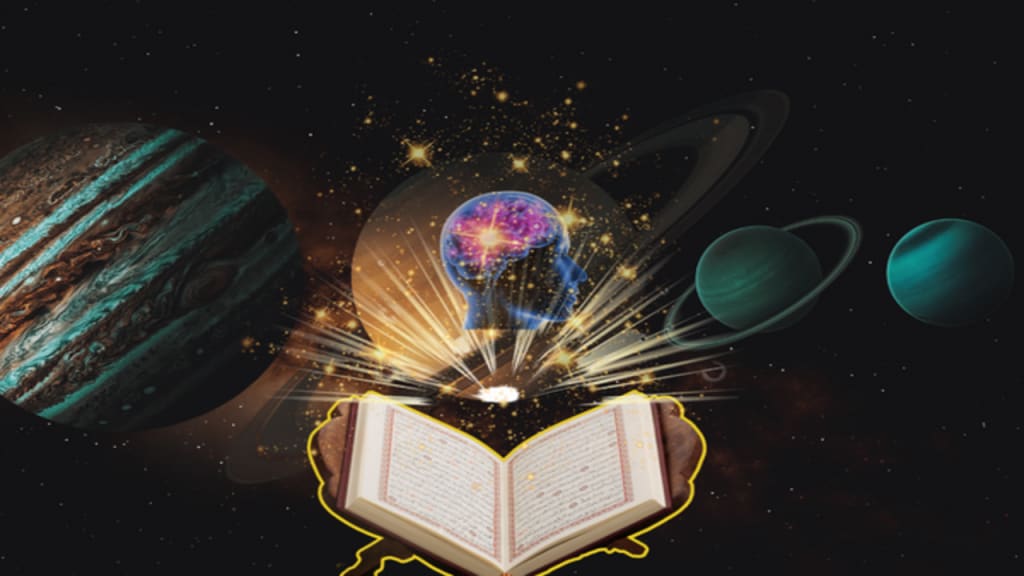Science and the Quran: An Ongoing Discussion
Science and the Quran: An Ongoing Discussion
For centuries, scholars and scientists in the Islamic world have explored the natural world, and many have looked to the Quran for inspiration. In recent decades, popular books and lectures have highlighted verses in the Quran that some interpret as anticipating modern scientific discoveries—for example, in astronomy, embryology, and geology. These interpretations are part of a broader dialogue that spans history and culture.
Interpretations and Debates
Proponents of “Quranic scientific research” argue that certain verses in the Quran contain hints of phenomena only confirmed by modern science. For instance, some point to descriptions of the expanding universe or the development of the human embryo as evidence of divine insight. Critics, however, caution that:
- Language and Metaphor: The Quran is primarily a book of guidance and spiritual reflection. Many scholars warn against reading modern scientific concepts directly into verses that were revealed in a different linguistic and historical context.
- Subjectivity in Interpretation: Different readers may arrive at different conclusions regarding what a verse “really means.” Interpretations vary widely among both religious and secular scholars.
NASA and SpaceX: Empirical Science in Action
NASA’s Approach
NASA is committed to the scientific method. Its missions—from studying the cosmos to exploring our solar system—are guided by observable, testable, and reproducible data. The agency’s research on space and astrophysics is based on:
- Rigorous Experimentation: Every mission, whether it’s a Mars rover or a space telescope, undergoes extensive testing and peer review.
- Open Data: NASA’s findings are shared openly with the global scientific community. This transparency ensures that conclusions are based on evidence rather than religious or philosophical interpretations.
- Technological Innovation: Whether developing next-generation propulsion systems or studying the structure of the universe, NASA’s work is aimed at expanding human knowledge through empirical research.
SpaceX’s Mission
SpaceX, founded by Elon Musk, is similarly focused on pushing the boundaries of technology and space exploration through engineering innovation. While Elon Musk occasionally touches on philosophical questions about the future of humanity, SpaceX’s mission remains clear:
- Practical Engineering: From reusable rockets to interplanetary spacecraft, SpaceX is about building technology that works and improves our access to space.
- Data-Driven Decisions: Like NASA, SpaceX relies on real-world data and testing to validate its designs. Its successes and setbacks are documented through rigorous engineering processes.
- Future-Oriented Vision: SpaceX’s goal of making life multiplanetary is driven by the need to expand human civilization, based on tangible technological advancements rather than on interpretations of ancient texts.
Bridging Two Worlds
While neither NASA nor SpaceX has made any official comments on “Quranic scientific research,” the conversation itself continues in other circles. Many researchers, educators, and enthusiasts in various parts of the world explore the intersections between religious texts and modern science. They often ask:
- Could ancient insights be reinterpreted in light of modern discoveries?
- How does cultural heritage influence the way we view scientific progress?
These are important questions for interdisciplinary dialogue. However, in the scientific community, empirical evidence remains the standard by which claims are measured.
Conclusion
NASA’s and SpaceX’s work exemplifies how modern space exploration is built on the foundation of the scientific method—an approach that is independent of religious interpretation. While the Quran continues to inspire millions and invites reflection on the natural world, the agencies and companies that push the boundaries of our knowledge do so based on observable, testable phenomena.
The ongoing discussion about “Quranic scientific research” is vibrant and complex, bridging faith, history, and science. It remains a subject for scholarly debate and personal interpretation. For NASA and SpaceX, the mission is clear: to explore, discover, and innovate using the rigorous methods of modern science.
Note: The perspectives presented here are based on available public information and do not reflect any official stance by NASA or SpaceX on religious texts or interpretations thereof. The aim is to provide a balanced view that respects both scientific inquiry and cultural discussions.
References:
- NASA’s official research pages and mission reports.
- Interviews and statements by SpaceX and NASA engineers.
- Various scholarly articles on Quranic interpretations and scientific discourse.
